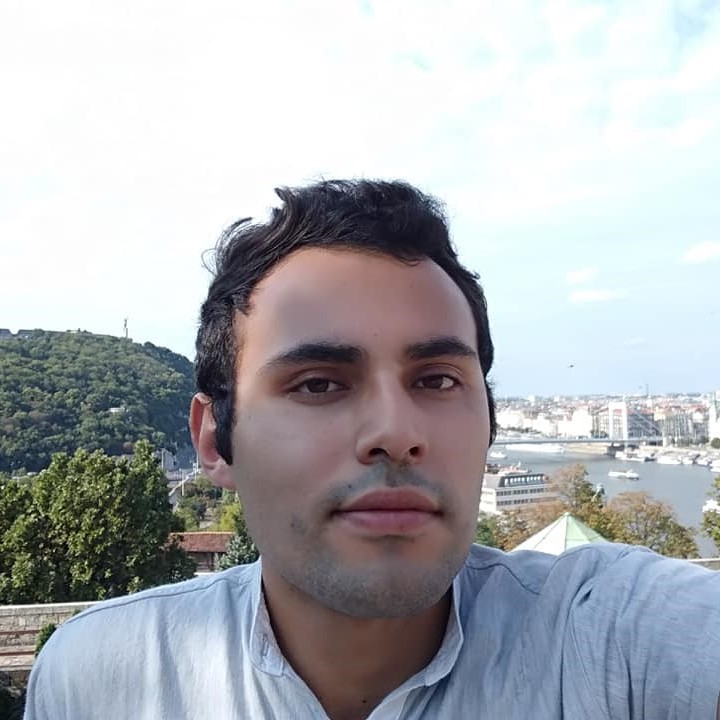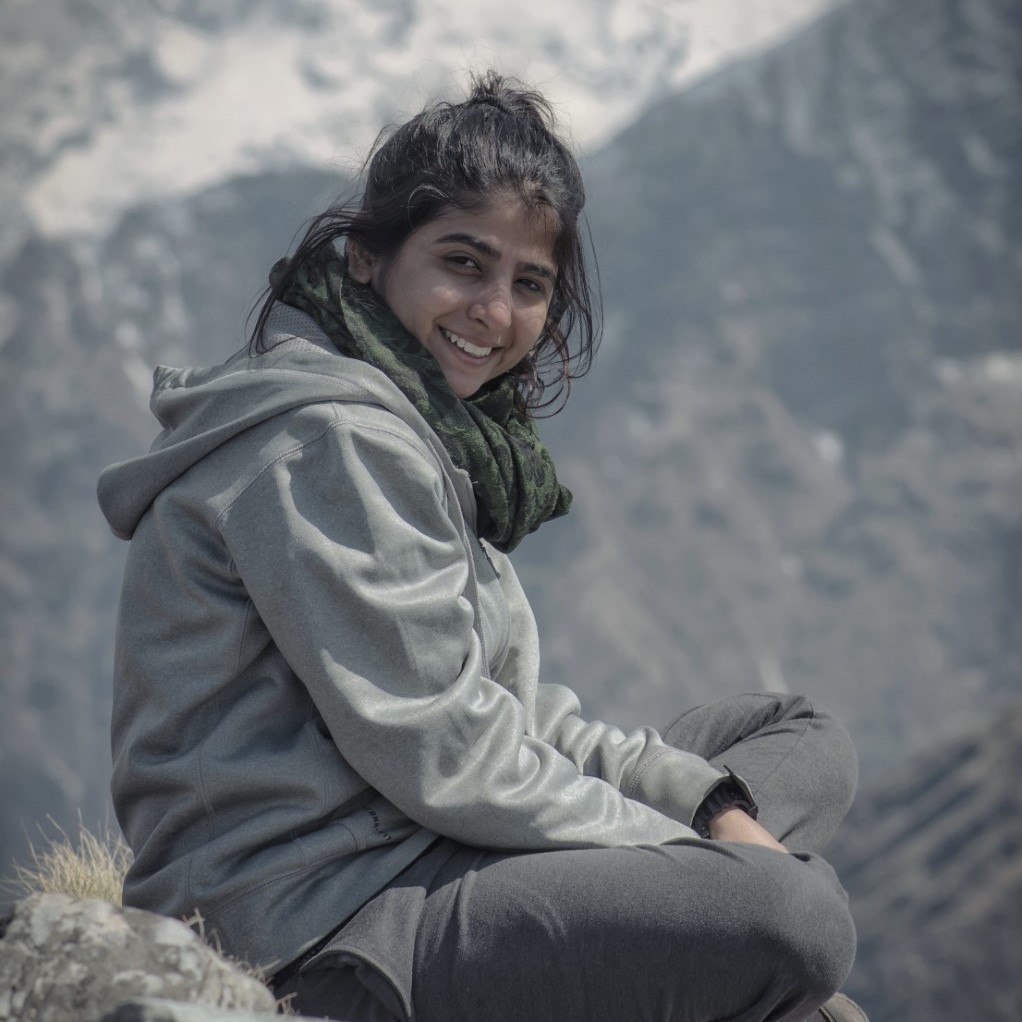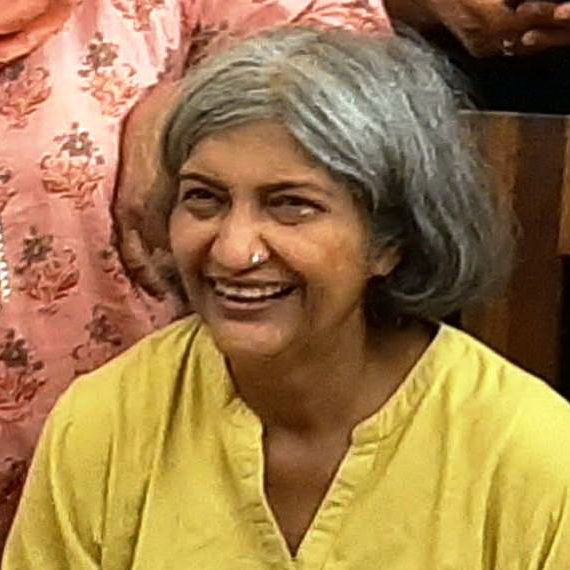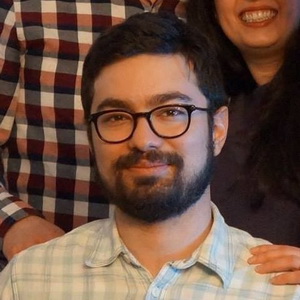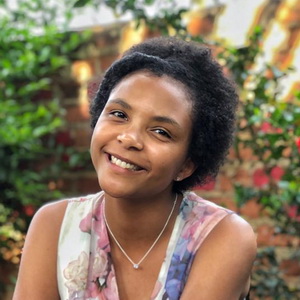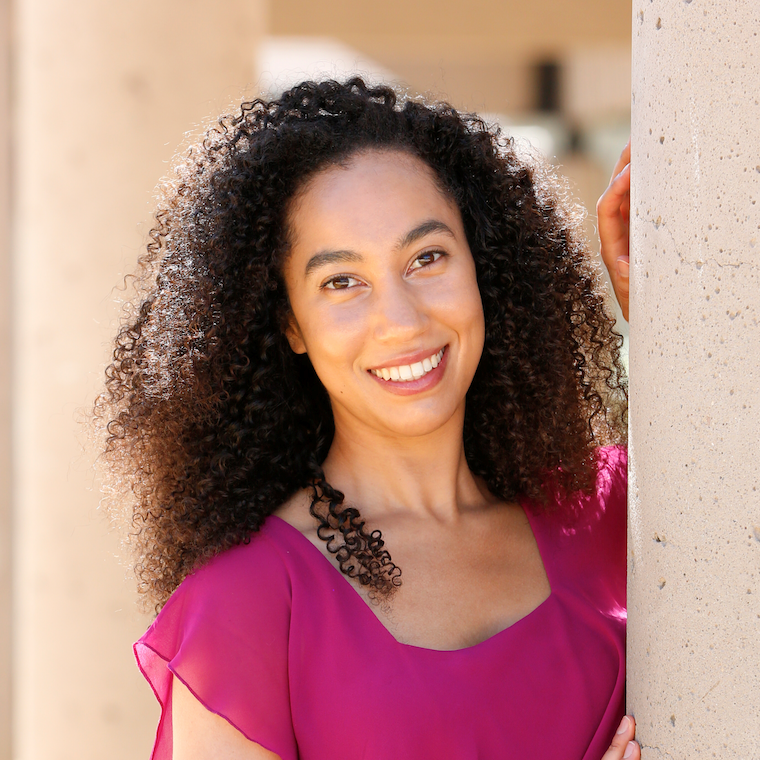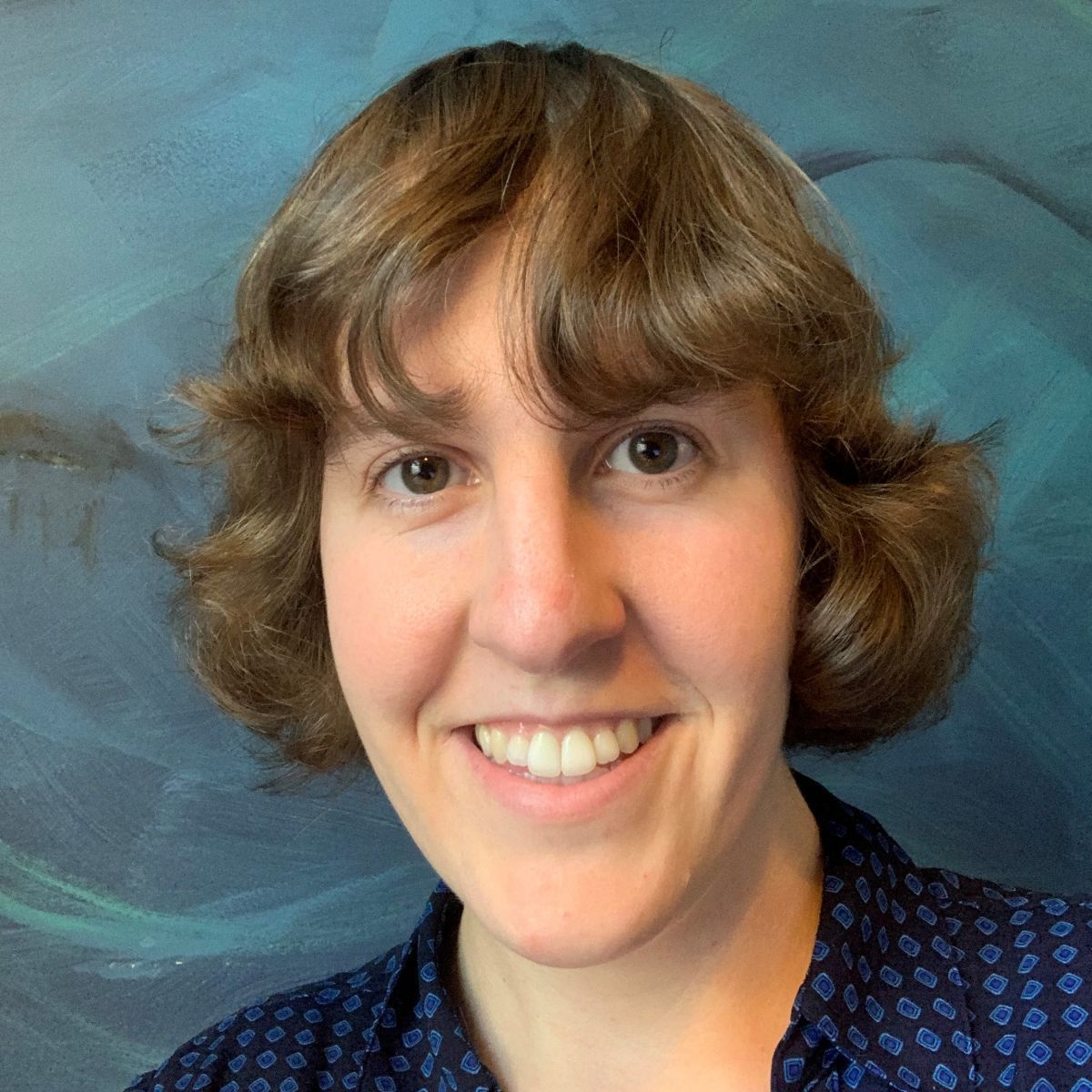La raccolta differenziata a Bogotà e Mosca: una necessità non riconosciuta
Nel mio paese la raccolta differenziata non è soltanto una necessità sociale, ma anche un’opportunità e un modo per sopravvivere. In paesi come la Colombia, essa è ancora scarsamente attuata e ancor meno compresa da una società classista come la nostra dove il nesso primario tra catena produttiva, riciclatore o netturbino è per molti simbolo di povertà.
Colombia, Southern America
Story by Juan Manuel David Rodriguez. Translated by Anita Landolfo
Published on June 17, 2022.
This story is also available in 




In questa città, così bella e immensa, provo ad immaginare se i moscoviti si siano mai chiesti quali siano gli effetti e gli impatti dei rifiuti che producono. Cosa accade ai rifiuti dopo essere stati gettati nei contenitori? Dove vengono trasportati? Vengono sempre trattati? Mi interrogo spesso al riguardo, forse perché gli aspetti legati alla gestione e al trattamento dei rifiuti sono a me particolarmente familiari, dal momento che i miei genitori lavorano presso una piccola azienda a Bogotà che si occupa di trasformare i rifiuti plastici in materie prime seconde, affinché possano essere nuovamente utilizzati.
Nel mio paese non solo vediamo la raccolta differenziata come una necessità sociale, ma anche come un’opportunità e un modo per sopravvivere; tuttavia, in paesi come la Colombia, essa è ancora scarsamente attuata e ancor meno compresa da una società classista come la nostra dove il nesso primario tra catena produttiva, riciclatore o netturbino è per molti simbolo di povertà.
Oggigiorno la raccolta differenziata viene fatta con non poche difficoltà, poiché non realmente compresa a causa di una serie di concetti erroneamente diffusi. Al momento, le persone non hanno interesse nel riutilizzare e riciclare materiali. Col tempo, questo atteggiamento è cambiato, soprattutto grazie al modo di pensare delle nuove generazioni che hanno capito che il riutilizzo di materiali e la raccolta differenziata sono questione di responsabilità individuale e collettiva; così facendo, si riduce l’inquinamento ambientale, si contrasta il cambiamento climatico e si consente alla popolazione mondiale di proseguire verso una società sempre più sostenibile.
In questo paese la società ha grande consapevolezza ambientale, lo so per certo dato che ho avuto l’opportunità di vivere in due grandi metropoli: Bogotà e Mosca. Pur essendo così diverse tra loro, come si può facilmente immaginare, entrambe soffrono di quasi gli stessi problemi, tra essi la sovrappopolazione e, secondo dati per niente incoraggianti, una cattiva gestione dei numerosi rifiuti solidi che esse generano. Ad esempio a Bogotà, una città di 7.2 milioni di abitanti (censimento 2018), si generano in media 6.500 tonnellate di rifiuti solidi al giorno, di cui solo il 15% [1] viene recuperato; e cosa dire di Mosca, una grande fonte di consumo con più di 12,5 milioni di abitanti (quasi 20 milioni situati nell’area metropolitana), dove si producono 21,917 tonnellate di rifiuti al giorno, di cui solo l’8% [2] viene recuperato.
Il consiglio che vorrei dare a tutti è quello di attuare cambiamenti concreti nelle abitudini e nei nostri consumi quotidiani, riciclando individualmente e con grande impatto globale. Se un vicino di casa, un amico o una qualsiasi persona non ricicla, piuttosto che lamentarci, dovremmo proporci di farlo; solo così mostreremmo loro il valore e la speranza che caratterizzano quest’attività ecologica.
[1] RCN, «https://www.rcnradio.com/,» [En línea]. Disponibile: https://www.rcnradio.com/bogota/bogota-solo-recicla-diariamente-el-15-de-las-basuras. [Ultimo accesso: Dicembre 2019].
[2] Mereminskaya. «vedomosti.ru,» [En línea]. Disponibile: https://www.vedomosti.ru/economics/articles/2019/07/30/807668-moskva-razdelyat. [Ultimo accesso: Dicembre 2019].
[3] I. Golunov, «takiedela.ru,» 16 Junio 2019. [En línea]. Disponibile: https://takiedela.ru/2019/06/shest-millionov-tonn-musora/. [Ultimo accesso: Dicembre 2019].
How does this story make you feel?
Follow-up
Do you have any questions after reading this story? Do you want to follow-up on what you've just read? Get in touch with our team to learn more! Send an email to [email protected].
Talk about this Story
Please enable cookies to view the comments powered by Disqus.
Subscribe to our Monthly Newsletter
Stay up to date with new stories on Correspondents of the World by subscribing to our monthly newsletter:
Other Stories in Italiano
Explore other Topics
Get involved
At Correspondents of the World, we want to contribute to a better understanding of one another in a world that seems to get smaller by the day - but somehow neglects to bring people closer together as well. We think that one of the most frequent reasons for misunderstanding and unnecessarily heated debates is that we don't really understand how each of us is affected differently by global issues.
Our aim is to change that with every personal story we share.
Community Worldwide
Correspondents of the World is not just this website, but also a great community of people from all over the world. While face-to-face meetings are difficult at the moment, our Facebook Community Group is THE place to be to meet other people invested in Correspondents of the World. We are currently running a series of online-tea talks to get to know each other better.











